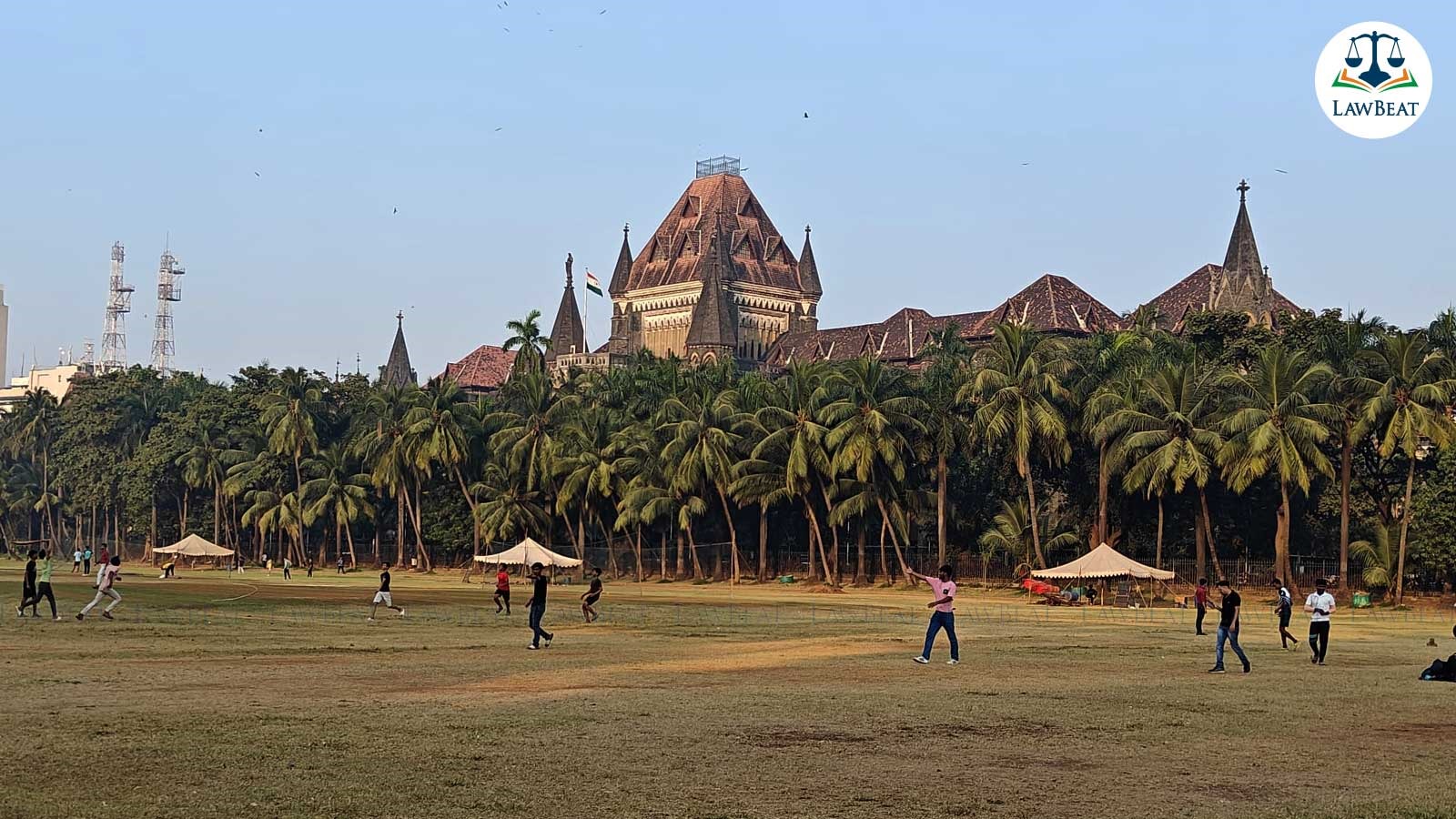Non-Cognizable Offences Are Punishable; Investigating Officer Duty Bound To Investigate: Bombay High Court

Allegedly, upon a complaint made to the vice president, the principal called the petitioner inside his chamber and said, "You people have lodged a complaint to the Vice-Chancellor. I am capable of committing four murders, and hence the Petitioner should be cautious." The principal further questioned the petitioner, stating, "Whether your wives had come to me for sleeping to tell you that I am of bad character," the principal said.
The Bombay High Court has directed the Director General of Police (DGP) of the State of Maharashtra to issue a circular directing the investigating agencies to seek permission from the jurisdictional magistrates to investigate non-cognizable offences.
“Considering the ambiguous status, I deem it necessary to issue directions to the Director General of Police, State of Maharashtra, Mumbai to issue Circular/Notification stating therein that in appropriate cases (which should be made identifiable), the investigating agency should approach the jurisdictional Magistrate under sub-section (2) of Section 155 of the Code, seeking permission to investigate the non-cognizable offence,” the order states.
The single-judge bench of the high court at Nagpur, comprising Justice Anil Pansare, also noted in its order that the Investigating Officer should be mindful that non-cognizable offences are punishable, and the officers are duty-bound to investigate such offences.
“The investigating officer should be mindful of the fact that even the non[1]cognizable offences are punishable, and therefore, in appropriate cases, he is duty-bound to investigate even such offences and ensure that the investigation reaches logical end,” the order reads.
The high court was hearing a writ petition filed by a librarian who appealed against the order of the Sessions Court setting aside the summons issued to the principal of the college for using abusive and filthy language against the petitioner and the other staff.
Allegedly, upon a complaint made to the vice president, the principal called the petitioner inside his chamber and said, "You people have lodged a complaint to the Vice-Chancellor. I am capable of committing four murders, and hence the Petitioner should be cautious."
The principal further questioned the petitioner, stating, "Whether your wives had come to me for sleeping to tell you that I am of bad character," the principal said.
After the petitioner filed a complaint with the police, a non-cognizable offence was registered under Section 155 of CrPc, and the principal was booked under Section 294 (Obscene Act) of the IPC.
The magistrate court issued summons to the principal, which was challenged by the principal in the Sessions Court.
The Sessions Court set aside the summons on the ground that the petitioner was not present at the time of hurling abuses, and therefore, the elements of Section 294 were not fulfilled.
The high court, while setting aside the order of the Sessions Court, concluded that the principal's chamber was a public place under Section 294 IPC.
“..the act has been committed in the Respondent No.2’s Chamber, which is situated in the College premises. The College premises is admittedly a public place, as the students, teachers, staff and other such persons connected with the College have access to the building, in which the Chamber of the Principal is located. In that sense, the Chamber of the Principal could be said to be a public place. The Sessions Court, however, took an erroneous view that the Principal’s Chamber is not a public place,” the order reads.
The high court also observed that, as per the requirement of the law, the investigating officers were not approaching the jurisdictional magistrate to investigate non-cognizable offences.
“The experience shows that the Investigating Officer would seldom approach the jurisdictional Magistrate and seek permission to investigate a non-cognizable case. In fact, I haven’t come across a case where the investigating officer has approached the Magistrate to seek such permission. The usual practice is to leave the things to the informant to take the case further, if he so desires,” the order reads.
The high court noted that a non-cognizable offence, which occurred in the spur of the moment, maybe a case where the investigating agency need not approach the jurisdictional Magistrate to seek permission to investigate the crime.
Instead, it would be justified to leave the matter to be carried forward by the informant, who may then file an application under sub-section (2) of Section 155 of the Code with the jurisdictional Magistrate and seek direction against the investigating agency to investigate the offence or file complaint under Section 200 CrPc.
The report called upon by the high court from the Superintendent of Police stated that the Investigating Officer concerned had committed an error in processing the information received.
Accordingly, the High Court quashed the order passed by the Sessions Court.
Case title: Nitin Shivdas Satpute vs State of Maharashtra & Anr
